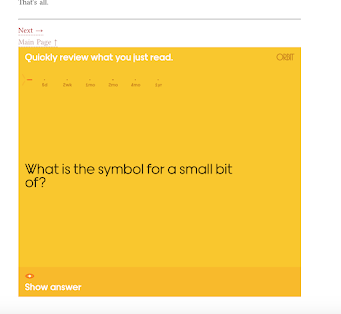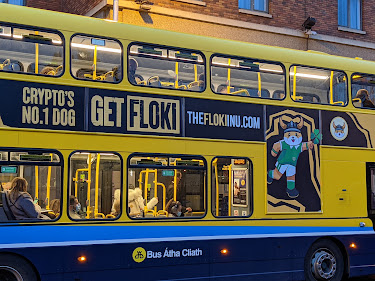My last post was
where I argued that it was better to invest much of this money given back by the government in the electricity grid in the form of utility scale batteries.
These batteries would be a public good making island of Ireland electricity cheaper, greener and more reliable. They would improve things for everyone in Ireland. Batteries are non rival in that everyone benefits if we build them. They are non excludable as anyone who uses the grid is helped. And battery storage is currently not provided nearly enough of. There isn't any in Ireland yet and even if quite a large amount of battery storage added to the grid extra storage would still help.
Making electricity cheaper would also be fairly progressive as on lower incomes a bigger proportion of your income tends to be spent on electricity. But many have argued that this
€200 million should be spent on other public goods like welfare payments rather than electricity. I am arguing here if we spend the money on electricity batteries is a better way to spend it on infrastructure rather than on an electricity bill.
The Hornsdale Power Reserve cost €57m in 2017 and now would be much cheaper per kwh as the price of batteries keeps dropping. Let us say we need to get €57m from this grant to build a battery system for Ireland. How could we collect this money? The government could have not given out the cheques, except to those in receipt of social welfare, but the government have already said they will.
One way is an assurance contract. Kickstarter is this, where the money is collected from people but it is held until the €57m is gathered, so if not enough money is gathered to build the battery no money is taken. We would need to trust the collector will keep our money safe until the needed amount is gathered. And that the organiser will actually build the battery with the money if the required pledge level is reached.
The free rider problem is the largest issue though. Why would I pay if someone else is going to pay for me and I get the cheaper green energy anyway?
In this case the government (or another grid battery organiser) have to get the money voluntarily. One way to do this is a Dominant Assurance Contract (DAC). They would create a website saying
Give us your €100 electricity rebate and we will create a battery storage device that will make electricity in Ireland greener, cheaper and more reliable by adding battery capacity to the grid. The minimum we need €57m and that will add 129 MWh and 100 MW* but a stretch goal is adding more capacity if we get more money. If we do not get €57m in pledges everyone who did pledge will get €120 for their €100 pledge back.
*this is the 2017 Hornsdale value we would get more now.
There are some issues here. Governments don't offer dominant assurance contracts like this. They don't like the risk of having to pay back money. Though the paper linked to calculates how low this risk is. I do not know who other than the government people would trust enough to give money back if the pledge was not met and to actually create the battery if it was.
Secondly a public good like a bridge people don't make money from (unless it is a toll bridge). This battery would generate income. I think people pledging that this income would in a large part be reinvested in another system to making electricity cheaper, greener and more reliable again.
Who else would pay into such a scheme? The large tech companies are building large data centers here and have promised to add to the grid to make up for the extra electricity. They haven't actually protected the grid but by expanding battery storage they could do this. Also they don't want an unreliable grid so it is in their interest to expand battery storage use in Ireland.
People want to reduce their carbon usage. Home batteries to supply electricity are one way to do this. But grid scale solutions are a lot more efficient per euro spent. Also many who want to reduce carbon output dont have the €4000ish needed for a home system but will be able to spend the €100 or slightly more.
An assurance contract to gather up peoples €100 to spend on a grid scale solution. What do you think?


















